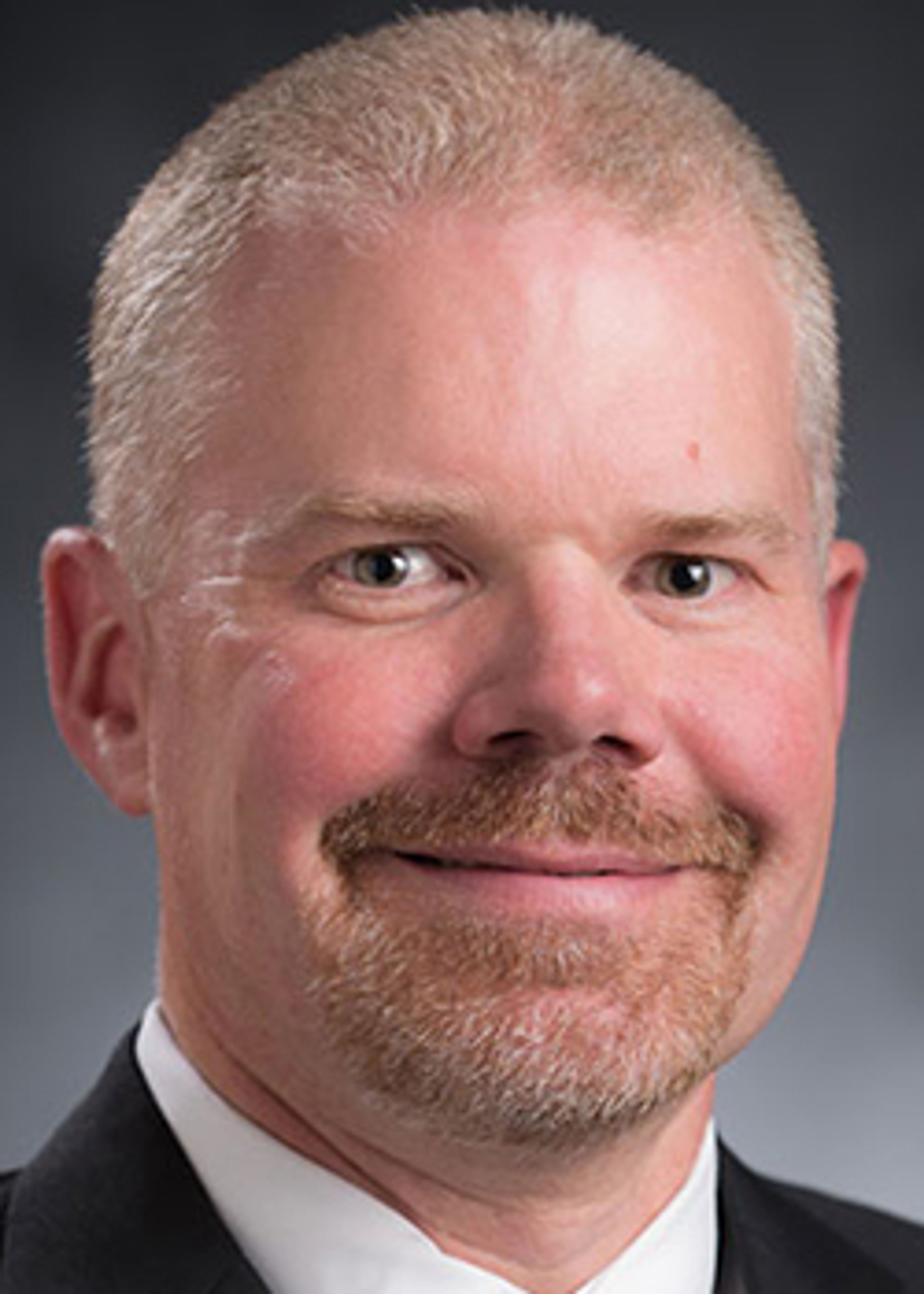Provost says UI will still serve students despite changes
Lawrence gives faculty an update on Idaho’s proposed DEI resolutions
MOSCOW — The University of Idaho provost said Tuesday that even if new restrictions on diversity, equity and inclusion are put in place by the Idaho State Board of Education, the UI will continue serving the needs of its students.
Provost Torrey Lawrence gave an update on the proposed state DEI resolutions during a UI Faculty Senate meeting.
These resolutions were introduced during the Nov. 21 SBOE meeting and are currently under review. Lawrence cautioned that the resolutions are still changing, but they essentially prohibit university offices, policies, procedures and initiatives from being dedicated to DEI activities.
It is unclear how this may affect the University of Idaho, as the school has an Office of Equity and Diversity. This office oversees a number of organizations that promote diversity including an Office of Multicultural Affairs, an LGBTQA Office, a Women’s Center, the Black/African American Cultural Center and the College Assistance Migrant Program.
Lawrence said that as the university sorts through these resolutions from the state, the UI is still focused on meeting the needs of its students and employees.
“Maybe we are going to serve them and support them in ways that look different than what we’ve done in the past, maybe it’s from a different office, maybe it’s from different units, but still trying to meet the needs of students and employees as well,” he said.
When asked if there will still be ways for students to request services currently provided by programs like the Women’s Center, for example, Lawrence said “absolutely yes.”
“That is our primary focus in whatever we do going forward and trying to meet their needs,” he said.
He said the current resolutions have exceptions that will continue to be debated. For example, student clubs are exempt from these requirements. Additionally, faculty will still be able to apply for federal research grants that have DEI-related requirements.
Lawrence said the UI has voiced its concerns about the definitions in these policies. It has asked state officials if the resolutions mean the UI will have to eliminate a number of its services and so far the answer is no, Lawrence said.
If any DEI-related centers do close, Lawrence said the UI is “looking at how can we use the expertise of staff in offices in other ways to help serve students — likely reassignments to different teams and creating new teams.”
He said any offices that are vacated can still become dedicated student gathering spaces.
Lawrence added that the resolutions will not significantly change the UI’s policy on reviewing complaints from students toward their professors. He said the resolutions do not give university presidents the ability “to walk around and fire people.” Instead, there will be a structured review process.
Lawrence said these resolutions are not driven by data showing whether DEI services are good or bad, but instead are more about political ideals. Lawrence said he knows that is “hard to kind of stomach.”
The UI will continue to participate in more meetings with the SBOE on this issue. The resolutions could be adopted by the SBOE as early as its Dec. 18 meeting.
Kuipers can be reached at akuipers@dnews.com.








